In early October, Google released its duo of Pixel 7 and Pixel 7 Pro phones. The latter in particular is quite praised by the professional public and quite surprisingly it also became the best photomobile in the DXOMark test. But even that probably won't help increase its popularity, especially in the heyday of Samsung, the king Android device.
Google has been making Pixel phones for several years. While they certainly have their strengths, they still haven't managed to capture the vast majority of customers who are willing to spend the same or even more money on a Samsung device. But the idea is so simple that it actually makes sense. Google needs to have its own line of devices that best represent it Android. They must show how the system works without any superstructures or interventions.
You could be interested in
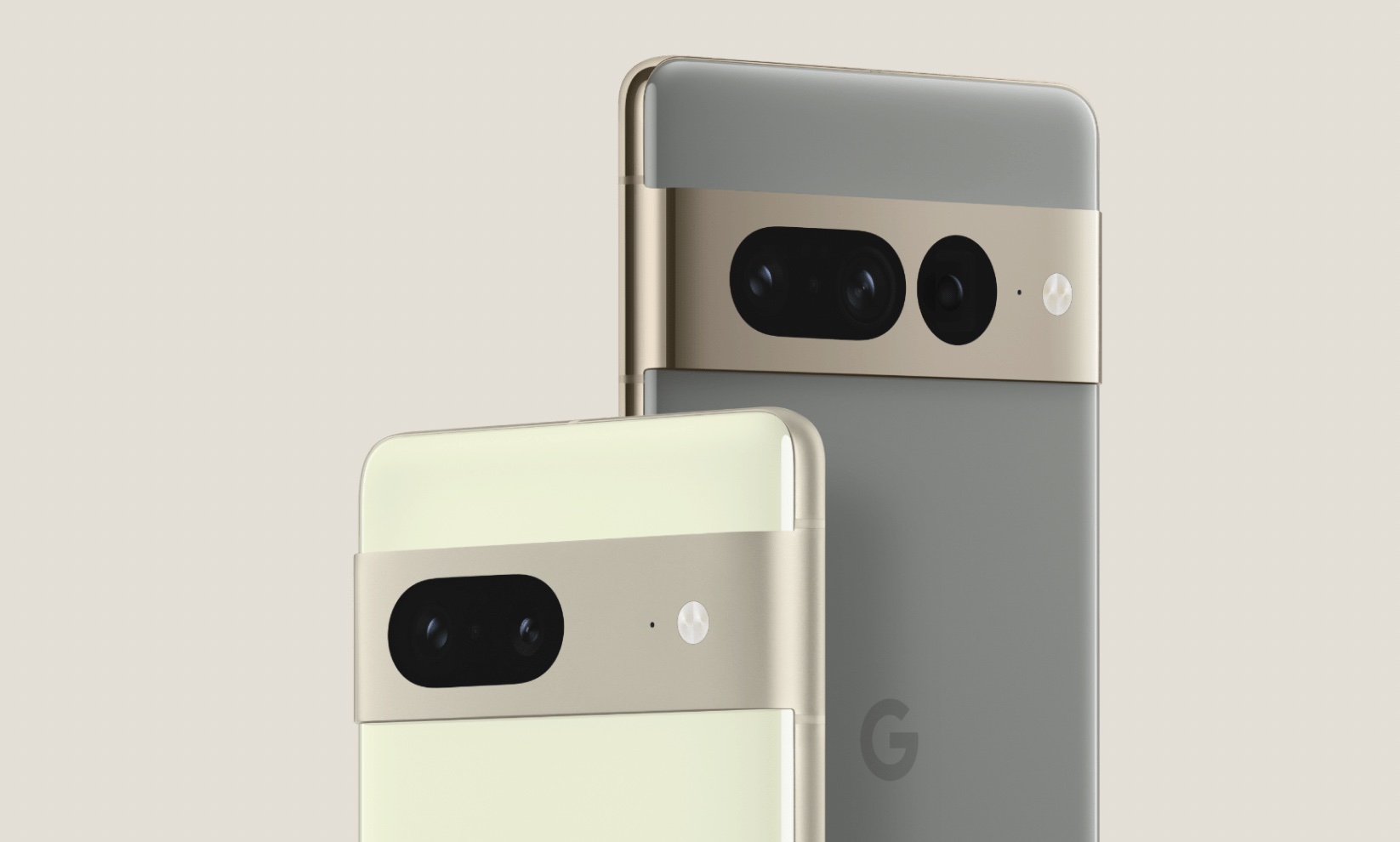
Own hardware, own software
Full control over the software and hardware should allow Google to provide an experience that will be clearly better than any other device running Android, and which is supposed to be an alternative for Apple, his iPhones and theirs iOS. But this is not actually happening yet. Pixel smartphones may have a small group of enthusiasts, but their global appeal has yet to emerge. There is also rarely any hype or strong expectations before the actual launch of the new Pixels, because Google itself doses the news officially and with a long lead time.
Millions of people around the world are interested in how Samsung pushes the boundaries of innovation year after year. Although the company has not held a physical Unpacked event since 2020, its online presentations are still seeing record audiences from all over the world. Samsung has shown everyone, especially Google, that it is not without it Android. There is no other OEM manufacturer Androidus with the global reach that Samsung has. The company accounts for more than 35% "android's' market, the rest are Chinese manufacturers who are increasingly avoiding Europe and North America, i.e. two highly lucrative markets in which, however, Samsung rules and Apple.
You could be interested in

Google also benefits from Samsung
Android is a way for Google to attract users to the vast network of services it offers. Countless people use through their devices with the system Android YouTube, Google Search, Discover, Assistant, Gmail, Calendar, Maps, Photos and many more. Phones with the system Android they are then one of the most important sources of traffic to these services, and Samsung phones are therefore bringing these users to Google on a golden platter, even though Samsung has its own solution.
It is also questionable whether people are even interested in the "unadulterated and pure" experience of Androidu. You can certainly believe that most ordinary users don't care. It is also worth noting that Samsung is doing more for Android than Android for Samsung. Many of the software innovations that Samsung introduces with One UI will eventually inspire Google to add them to future versions of the system Android. There are plenty of examples even in the latest version Androidin 13
You could be interested in
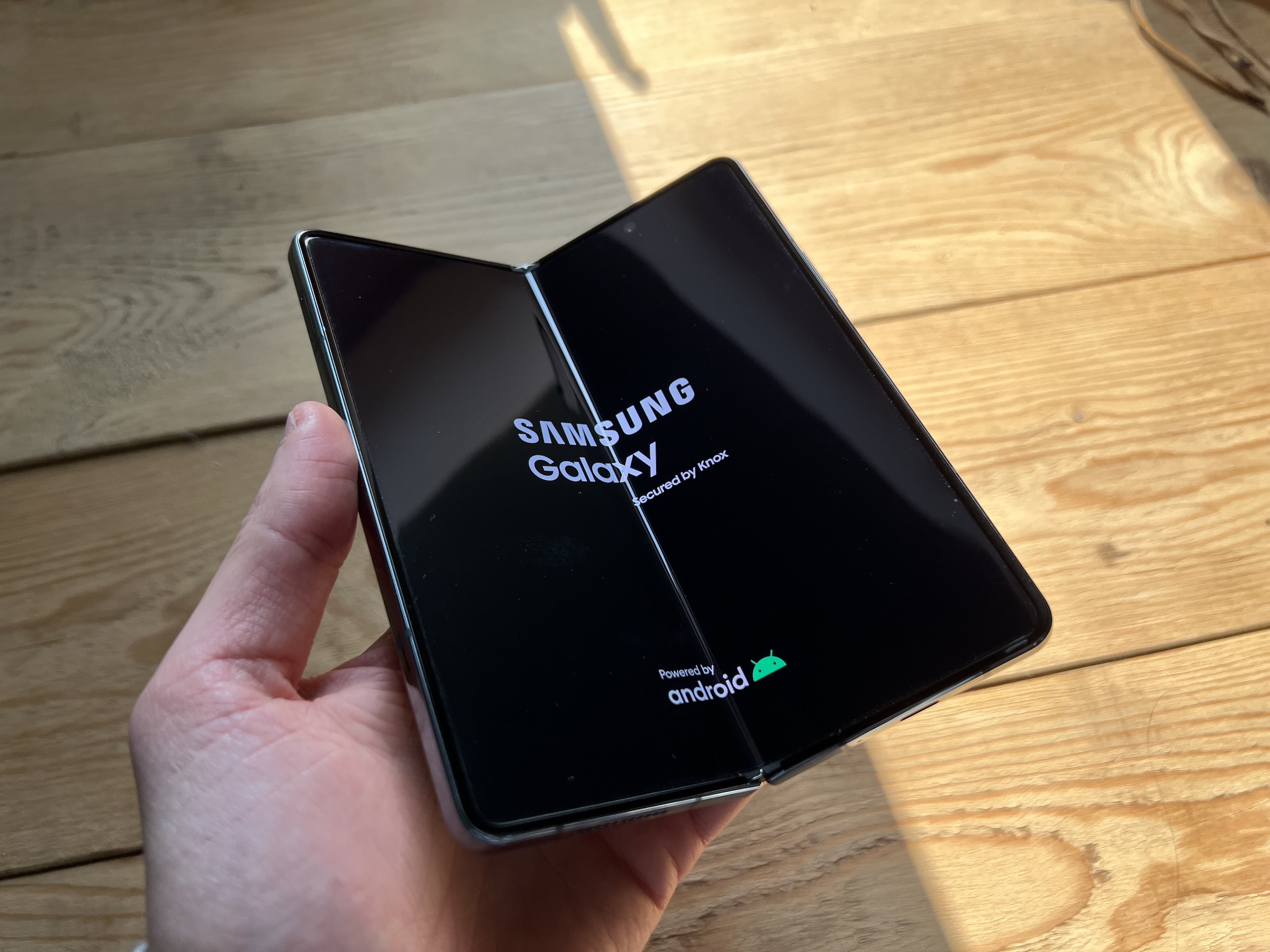
Unless Google itself is able to counter Samsung's dominance of the system Android, what other OEM can do that? It is commendable how Samsung has been able to establish its authority over the smartphone market with the system Android, when it is now a sort of gold standard. It's a real shame that he ditched Bada's own system then. If he had one, he wouldn't have to be on Android so closely tied and we could have three operating systems here where Samsung could bring its own experience from its own hardware as well as completely its own software.
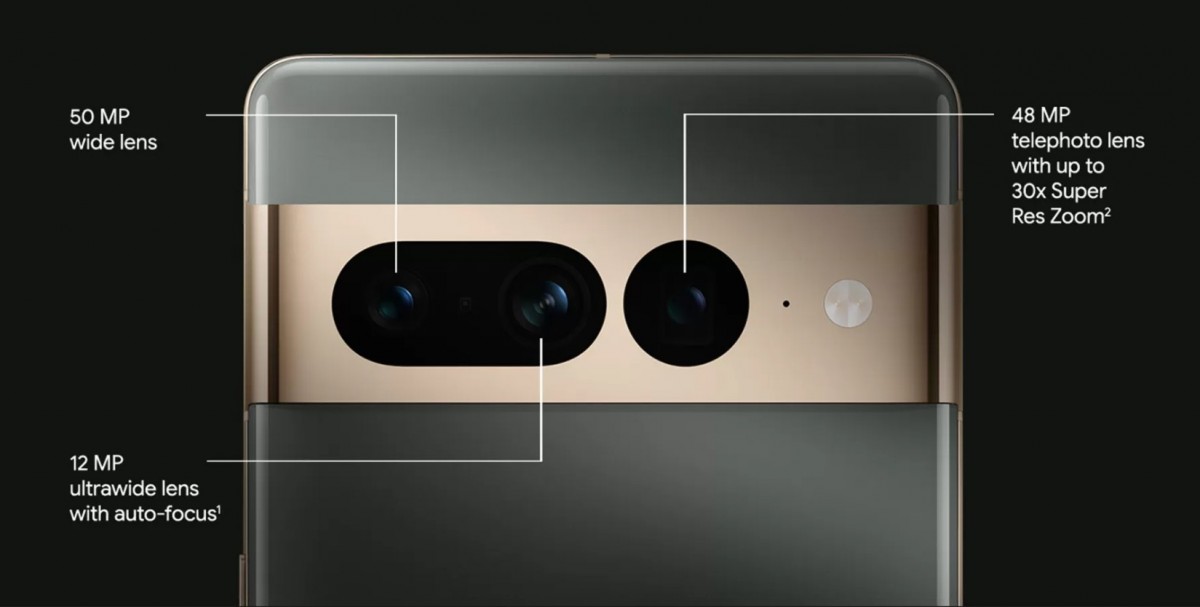
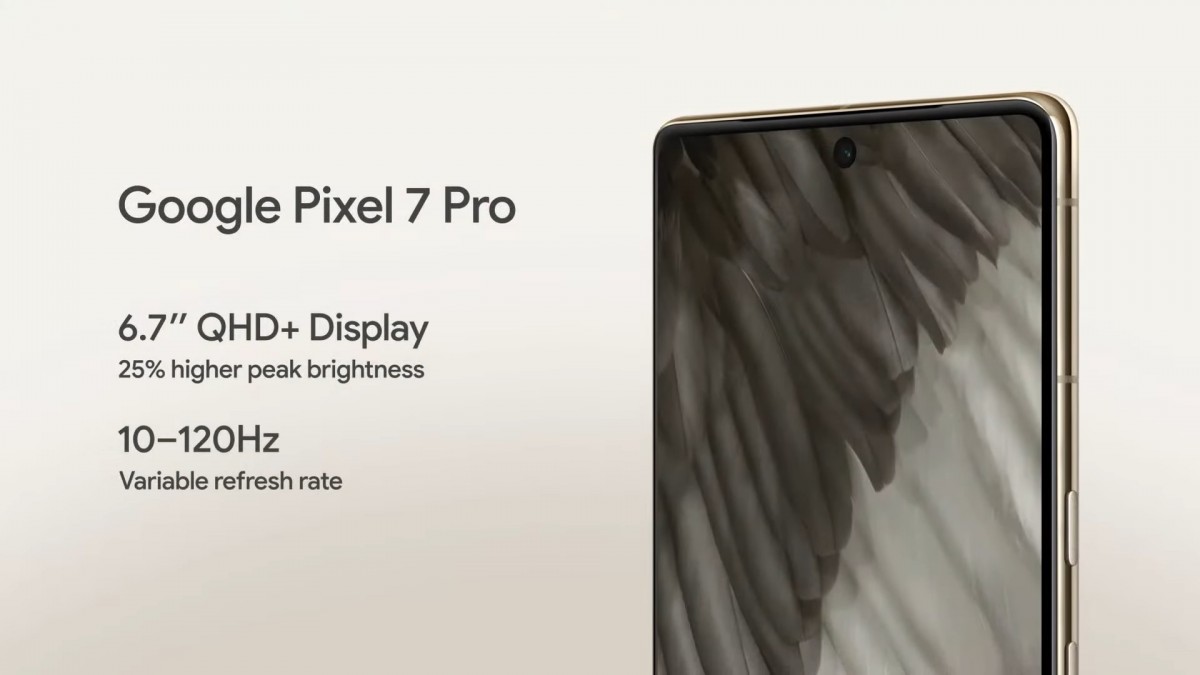
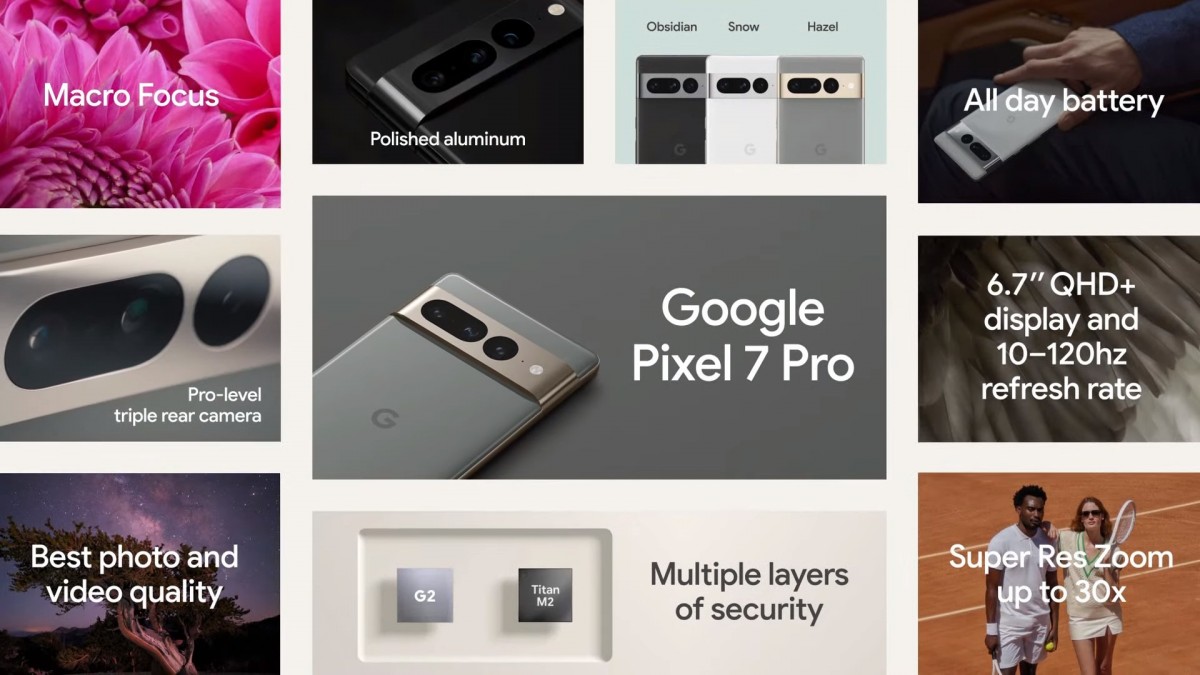
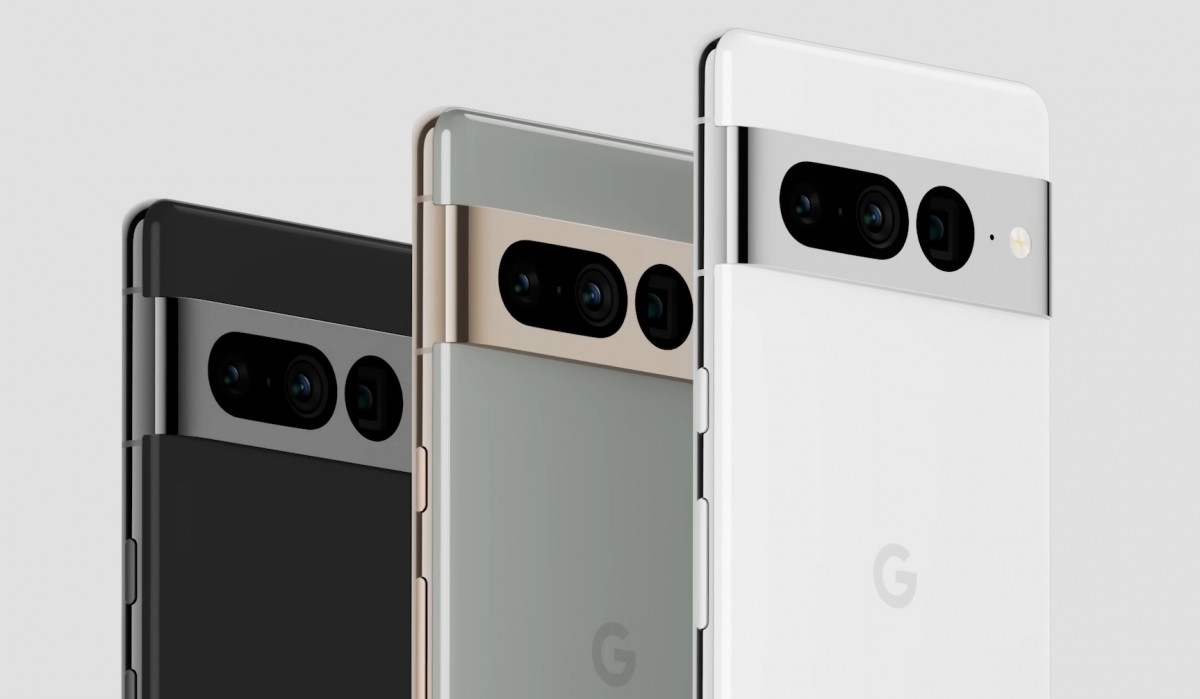
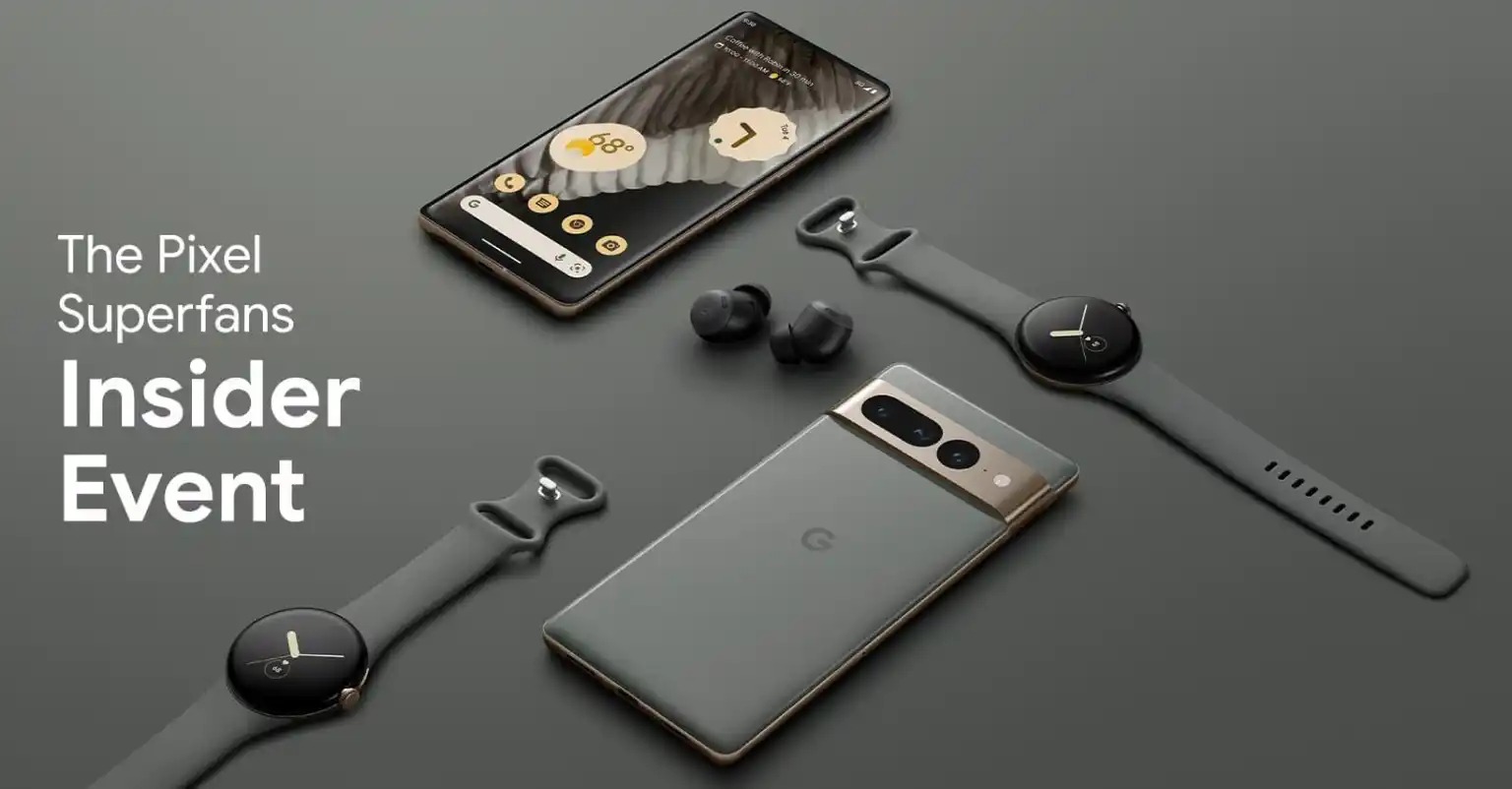
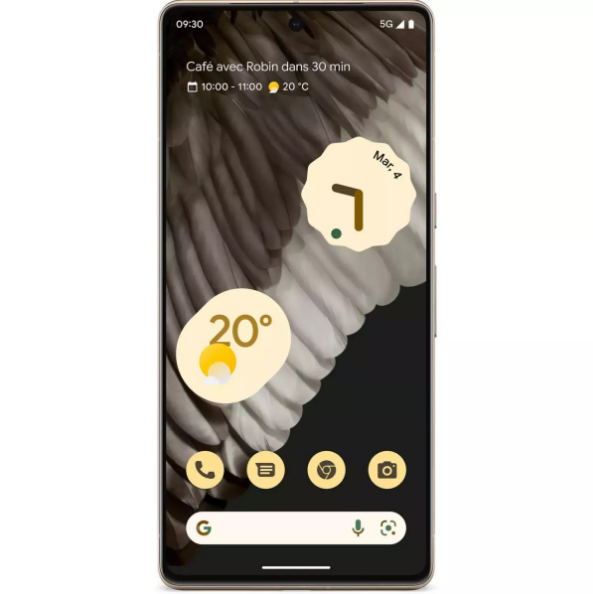
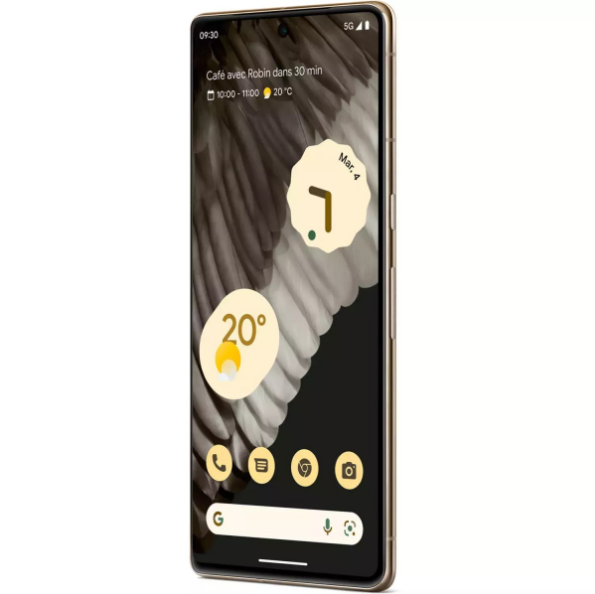
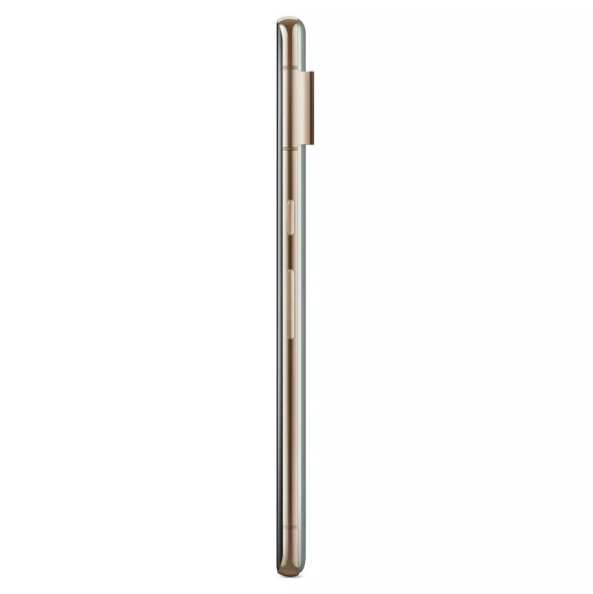
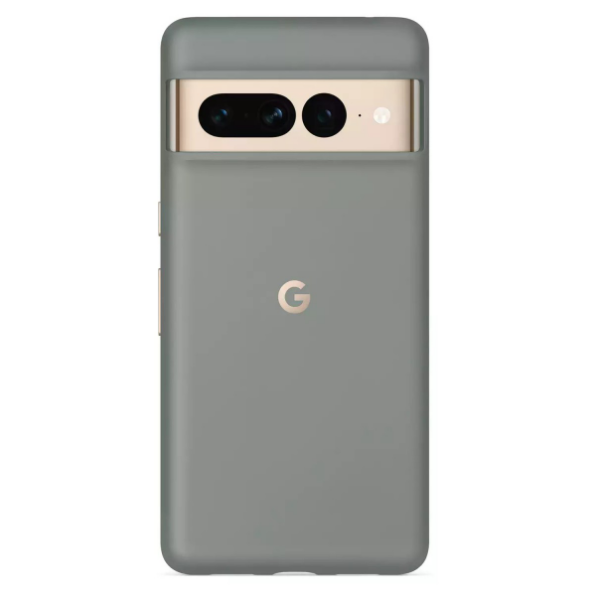
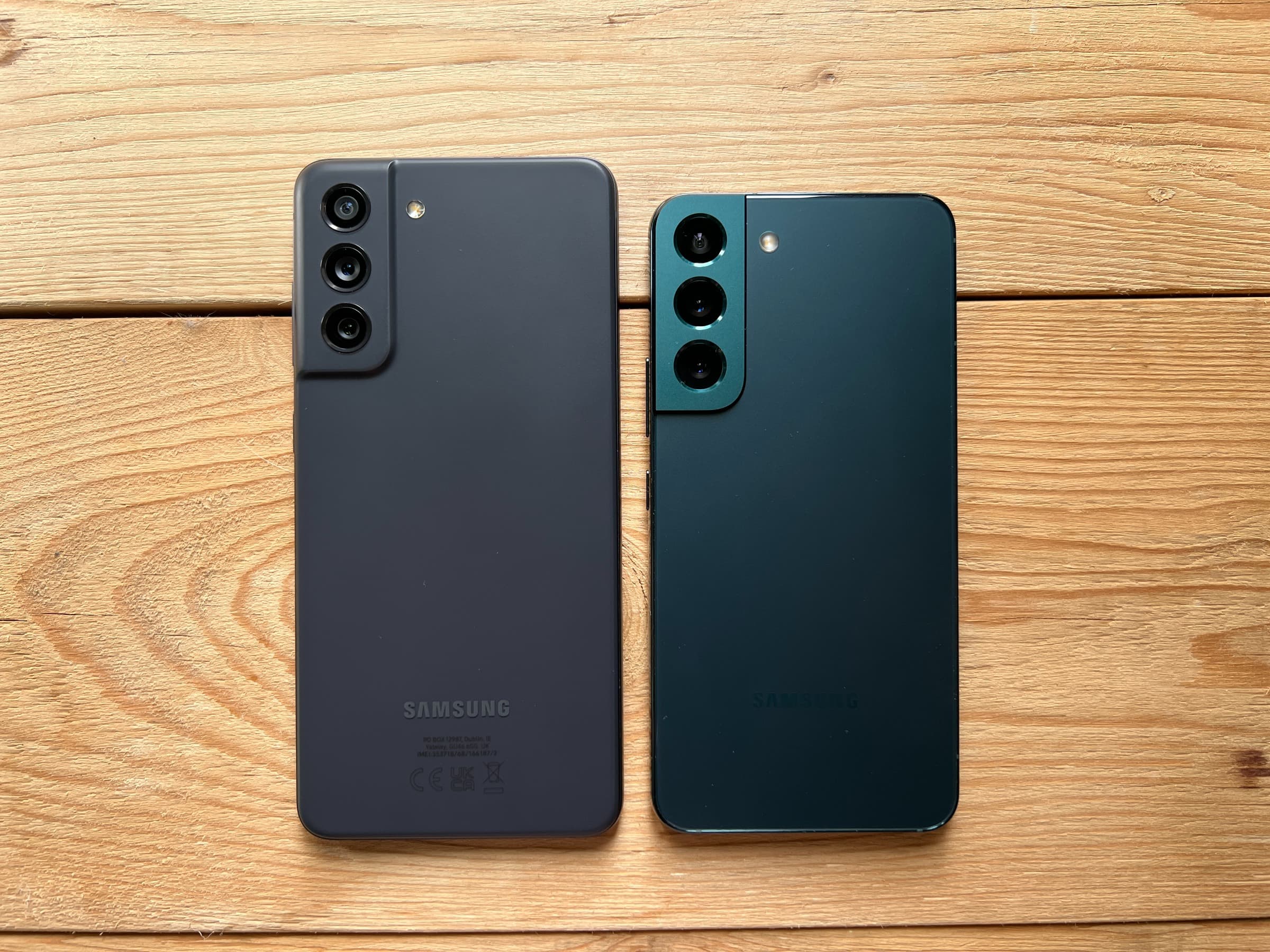
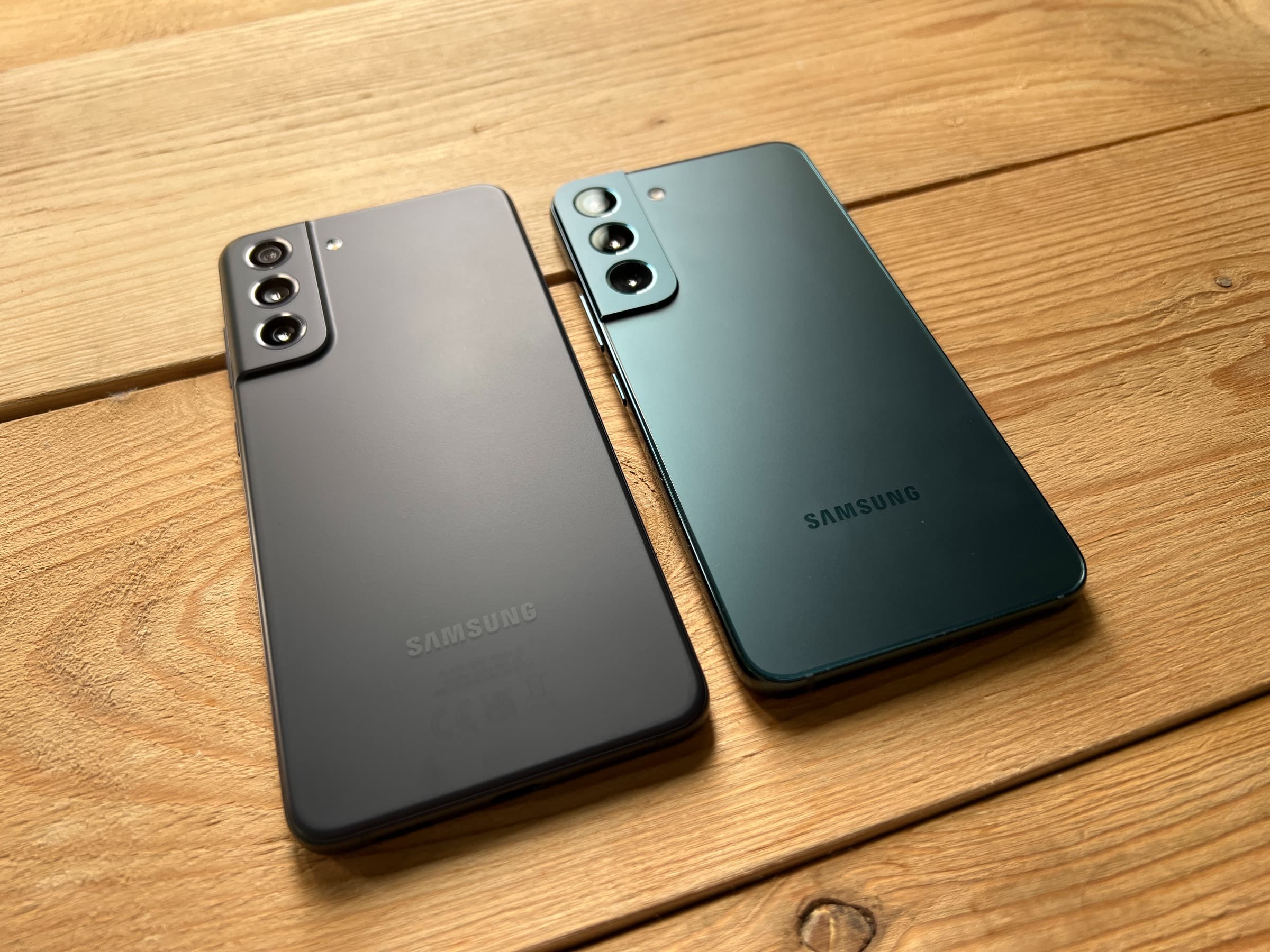
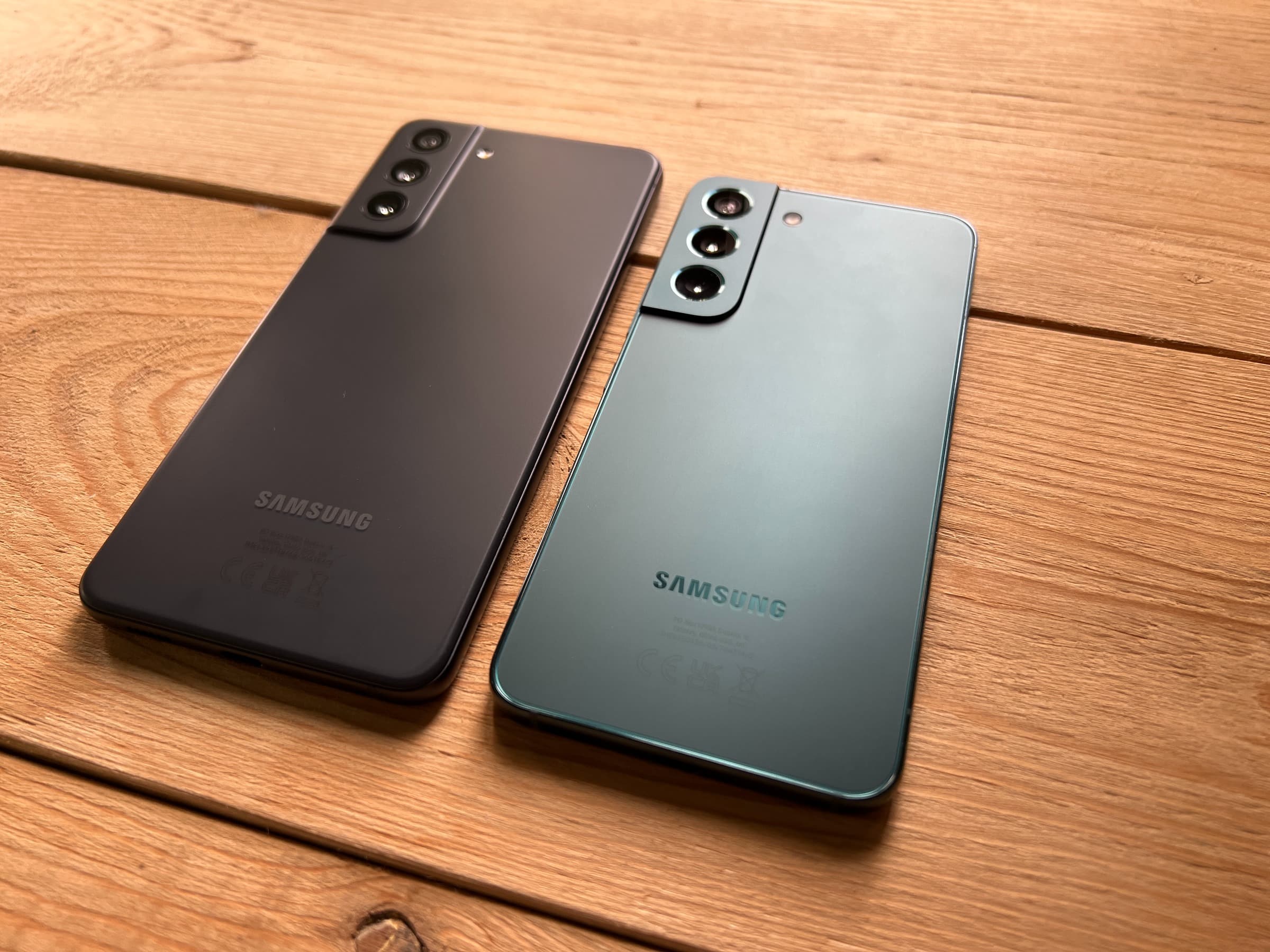
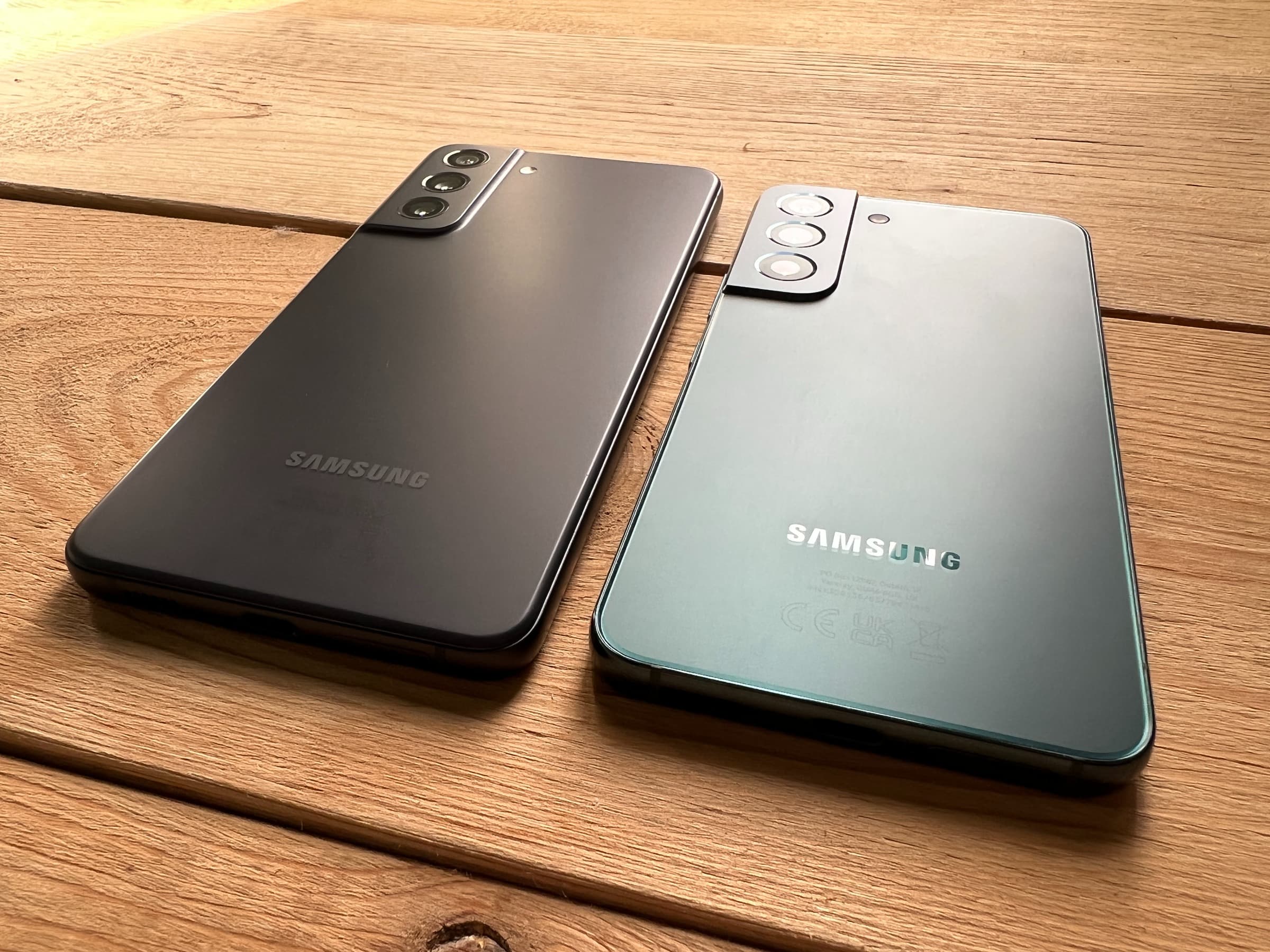

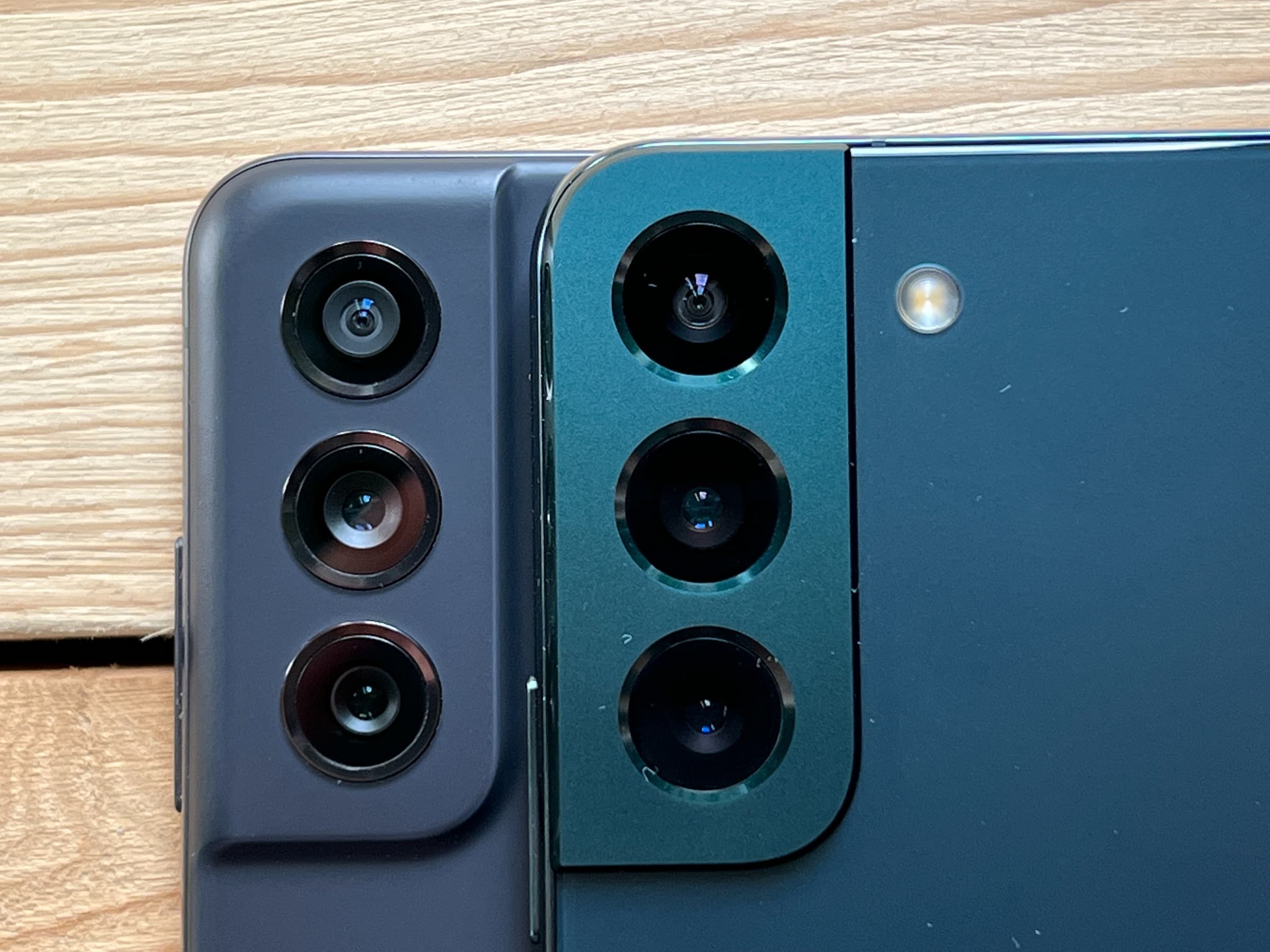
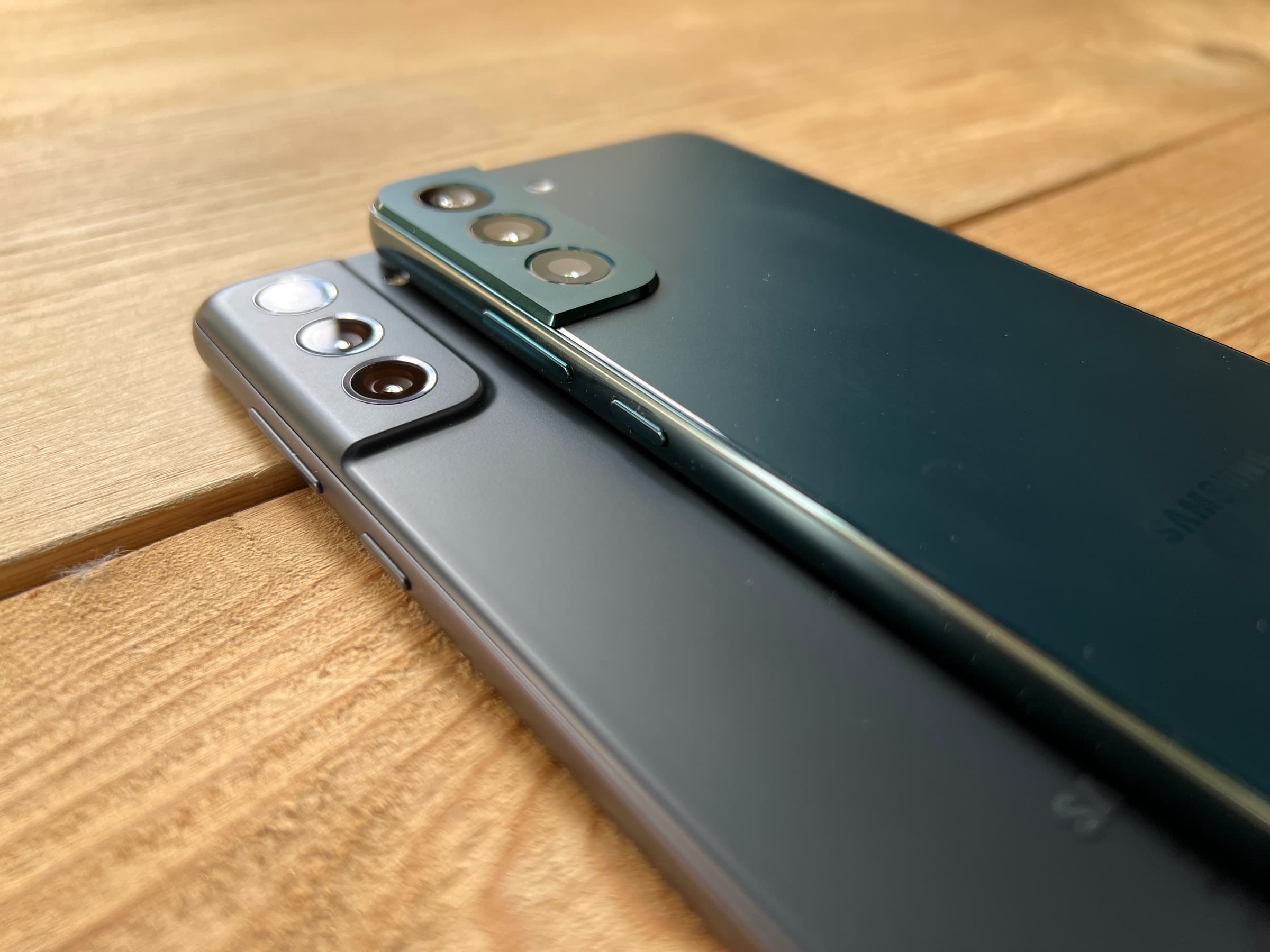
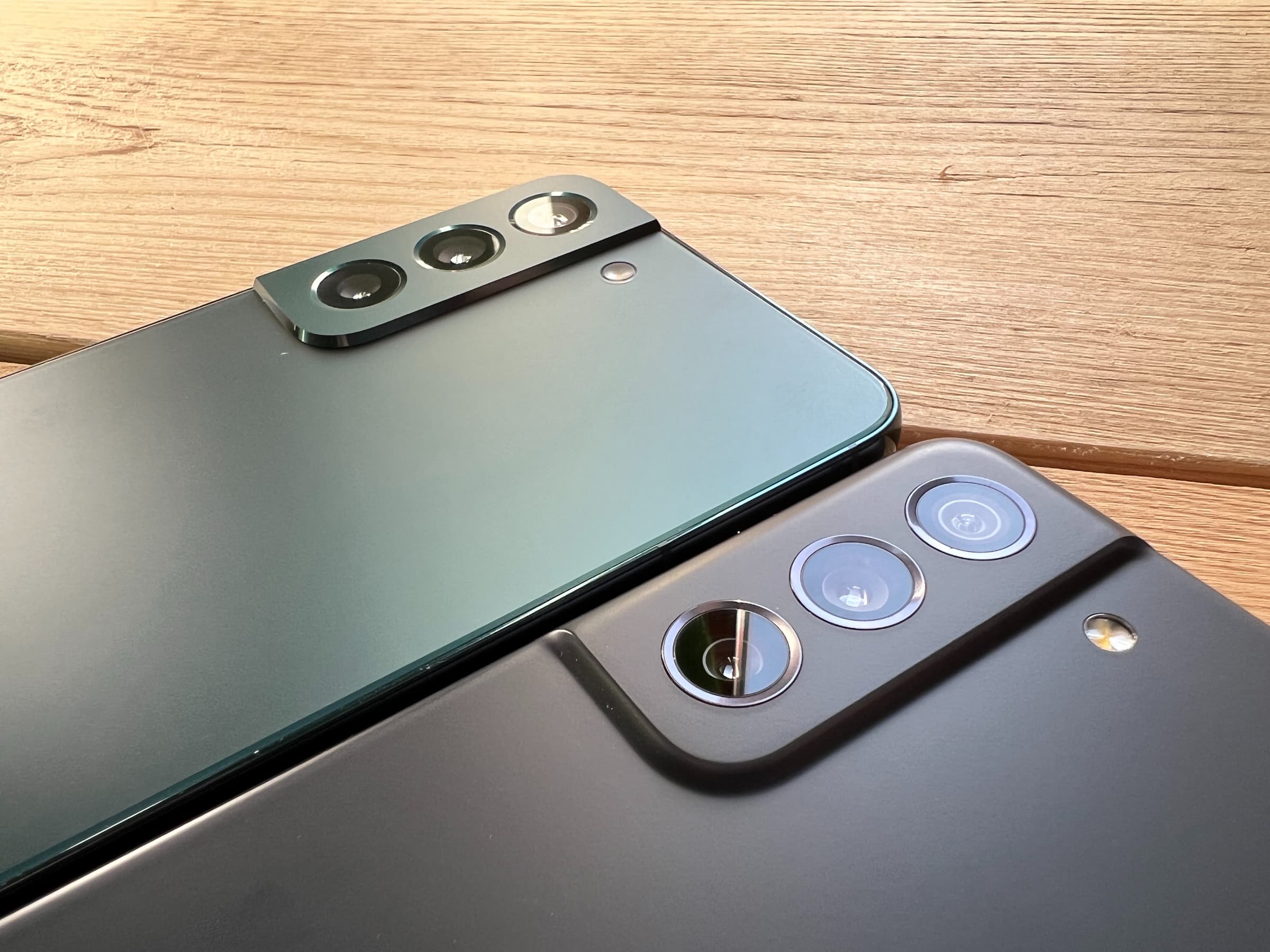
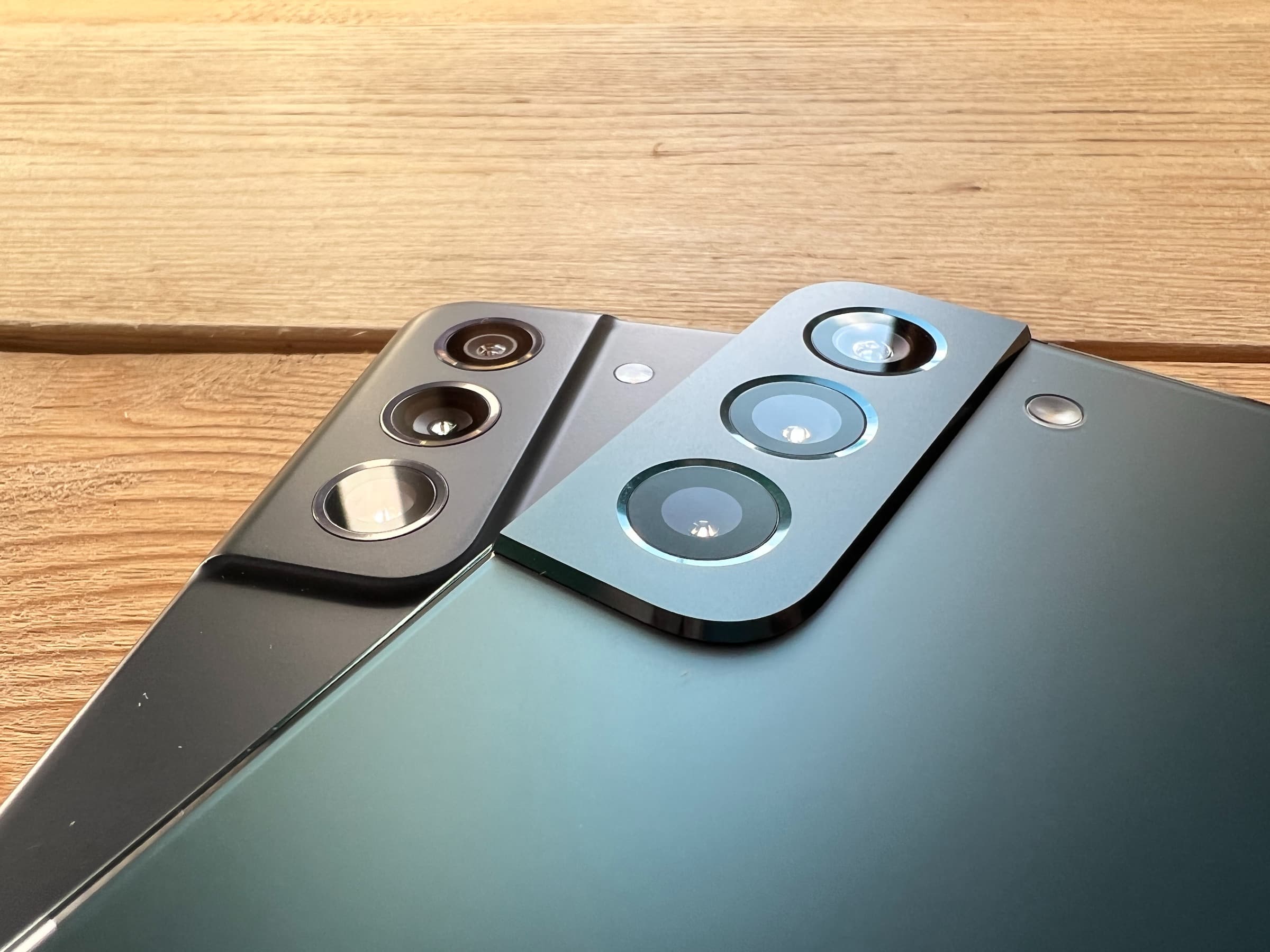
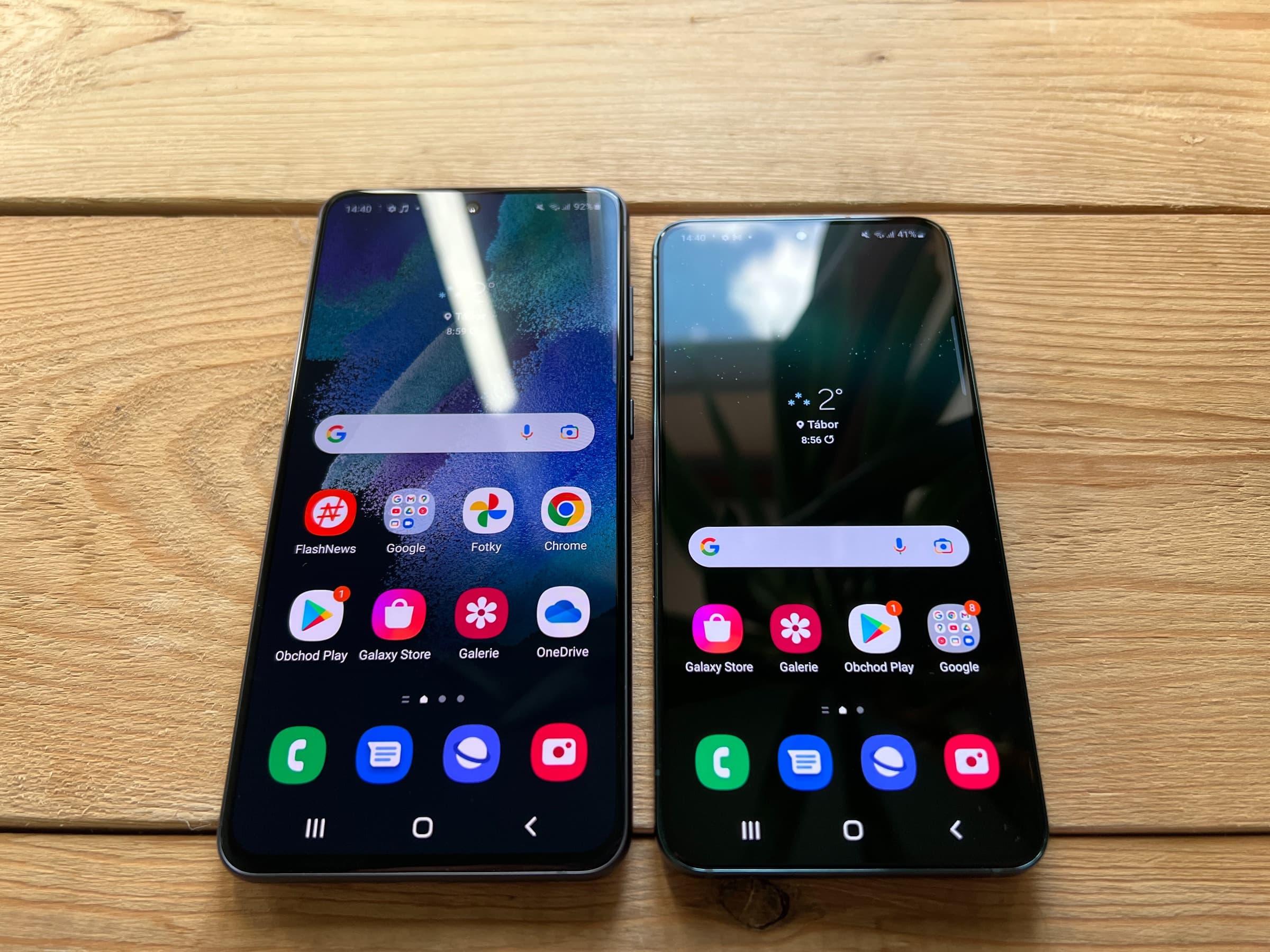

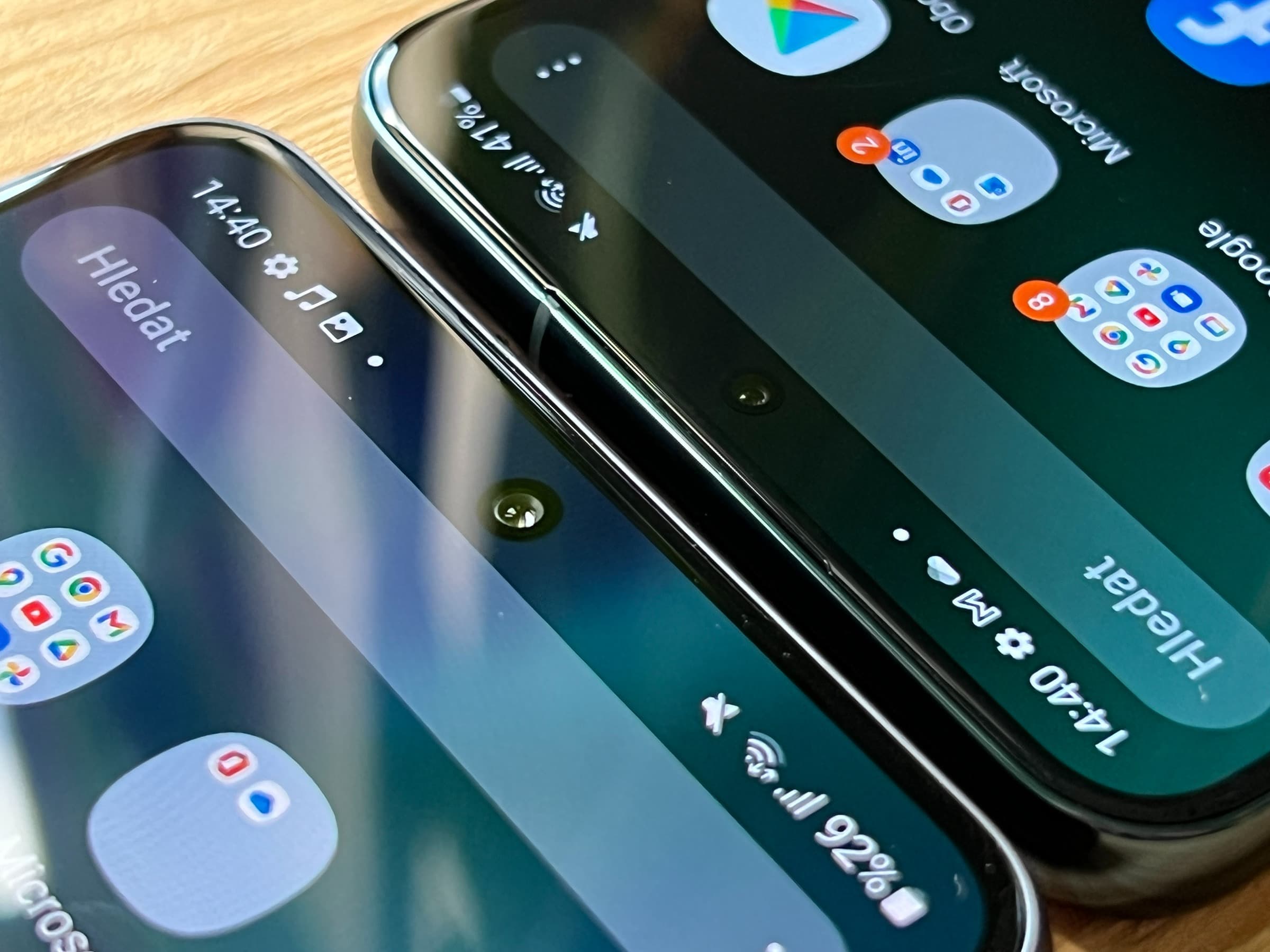
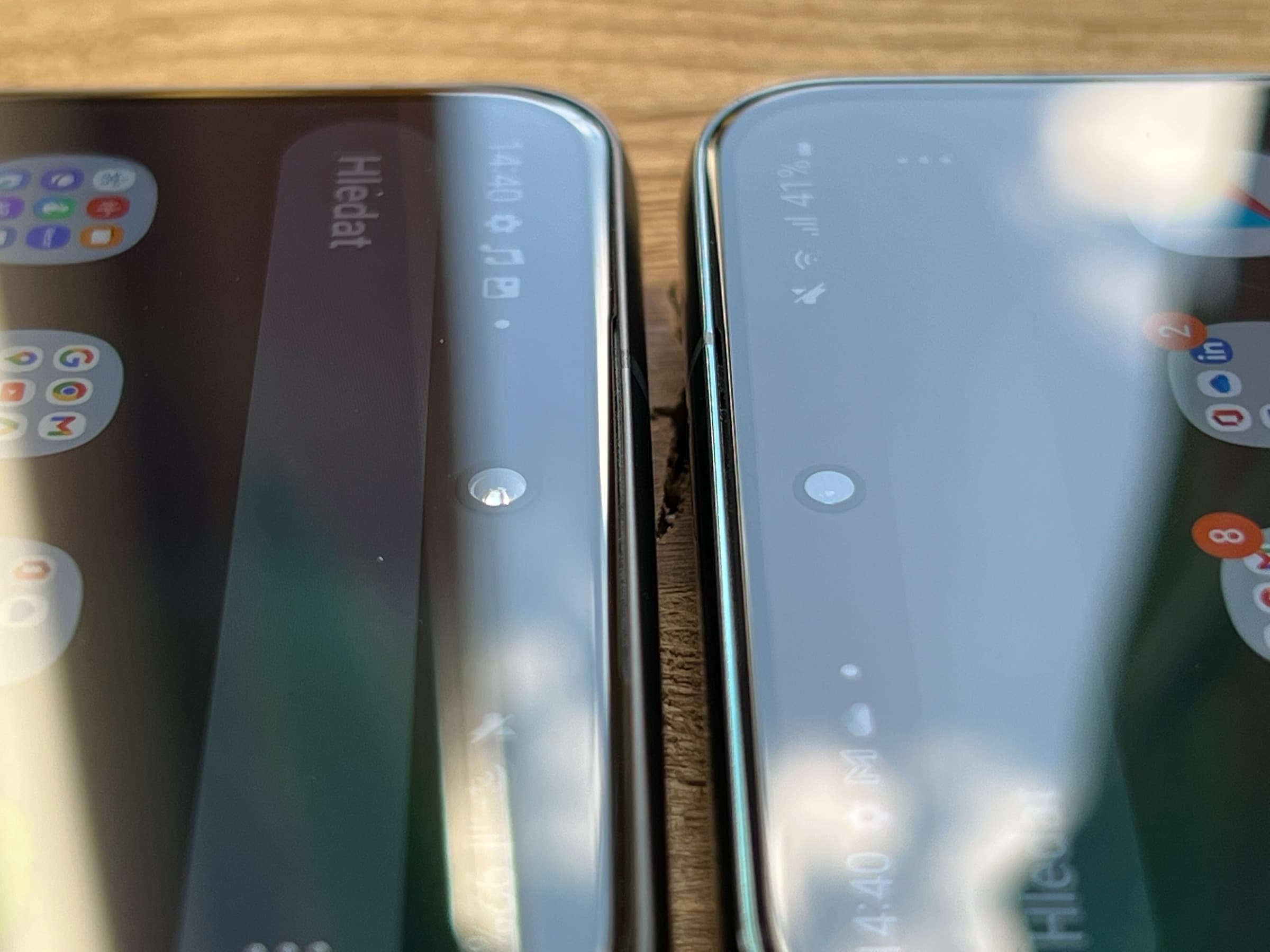
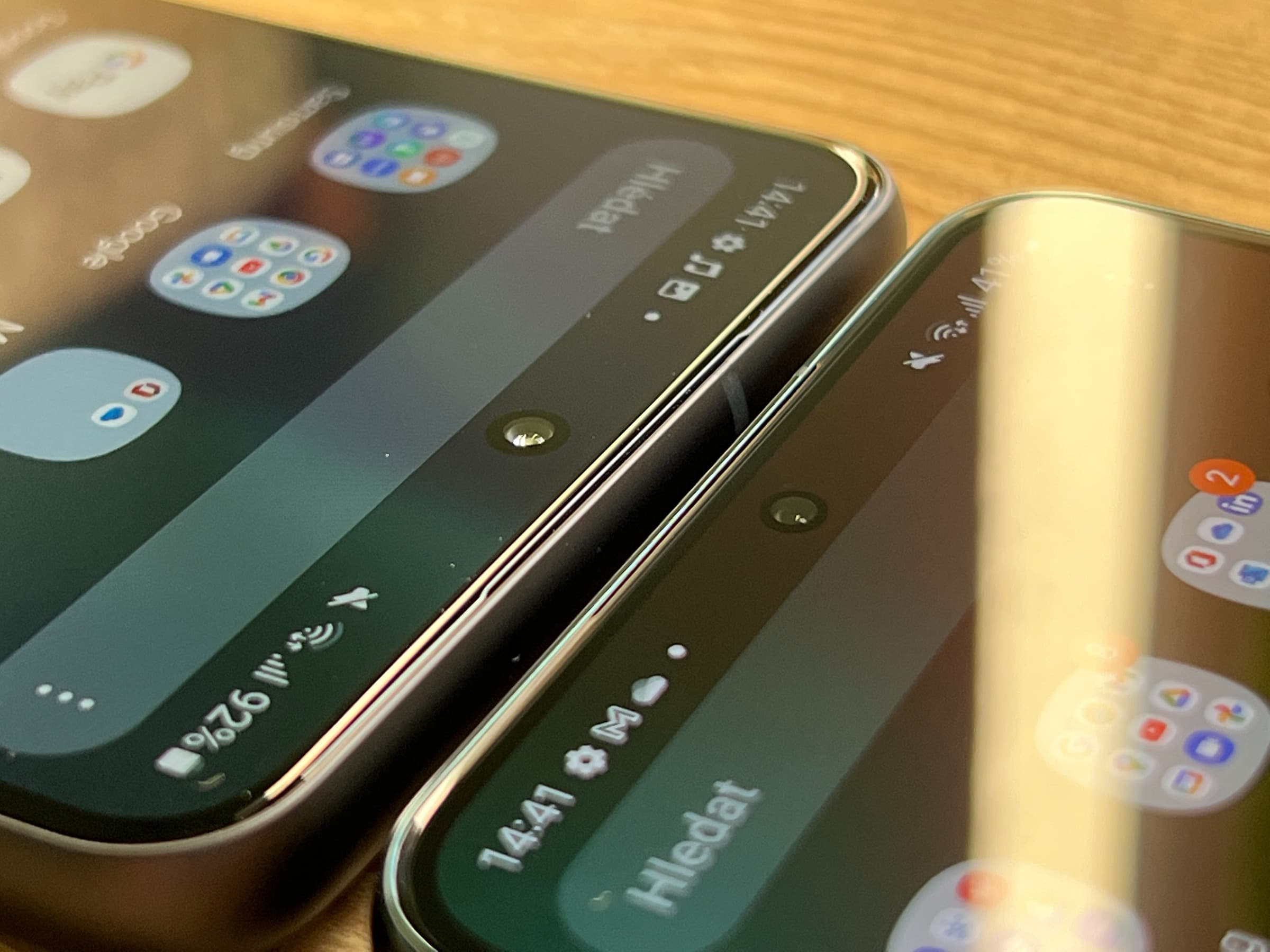
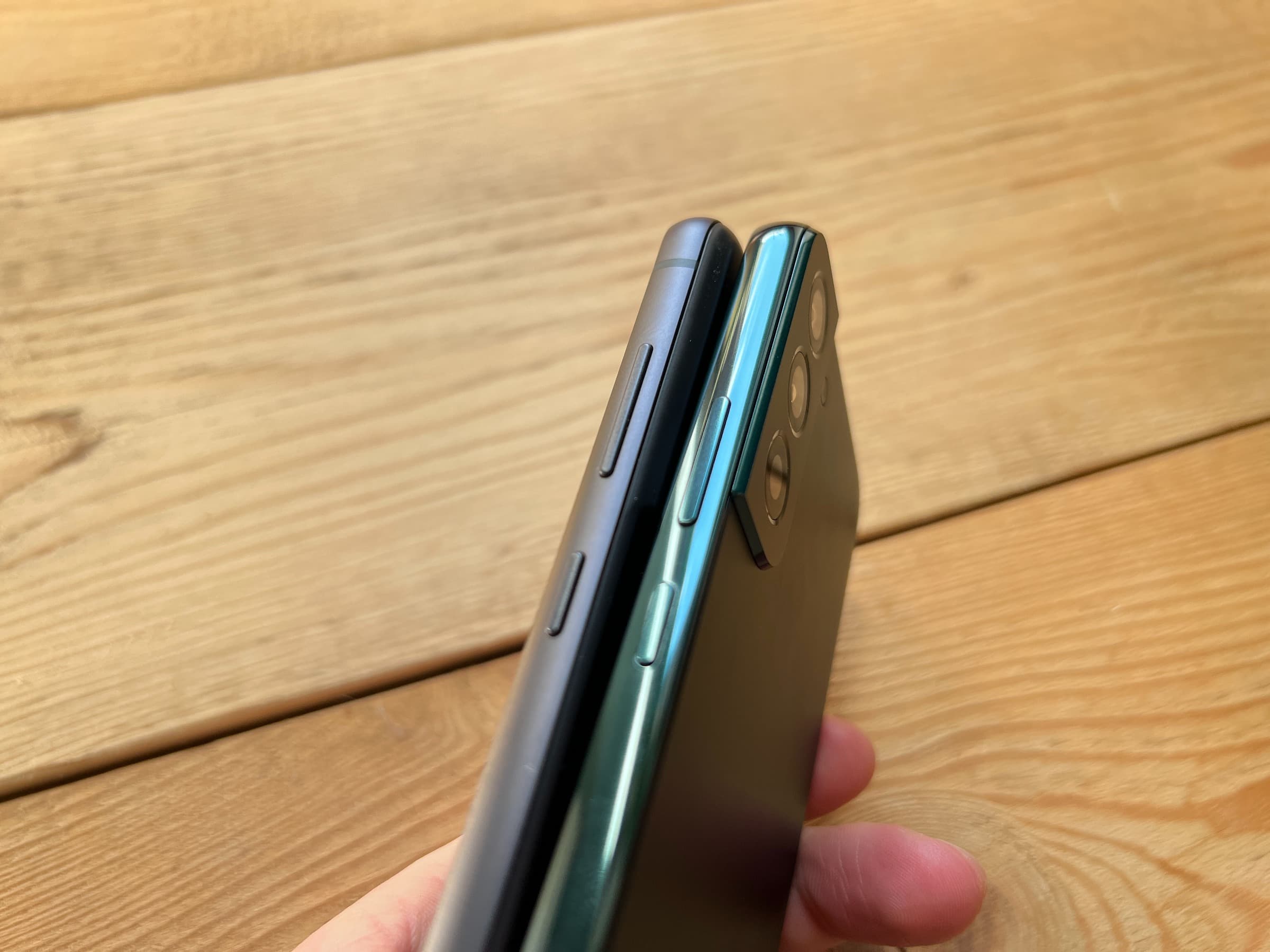
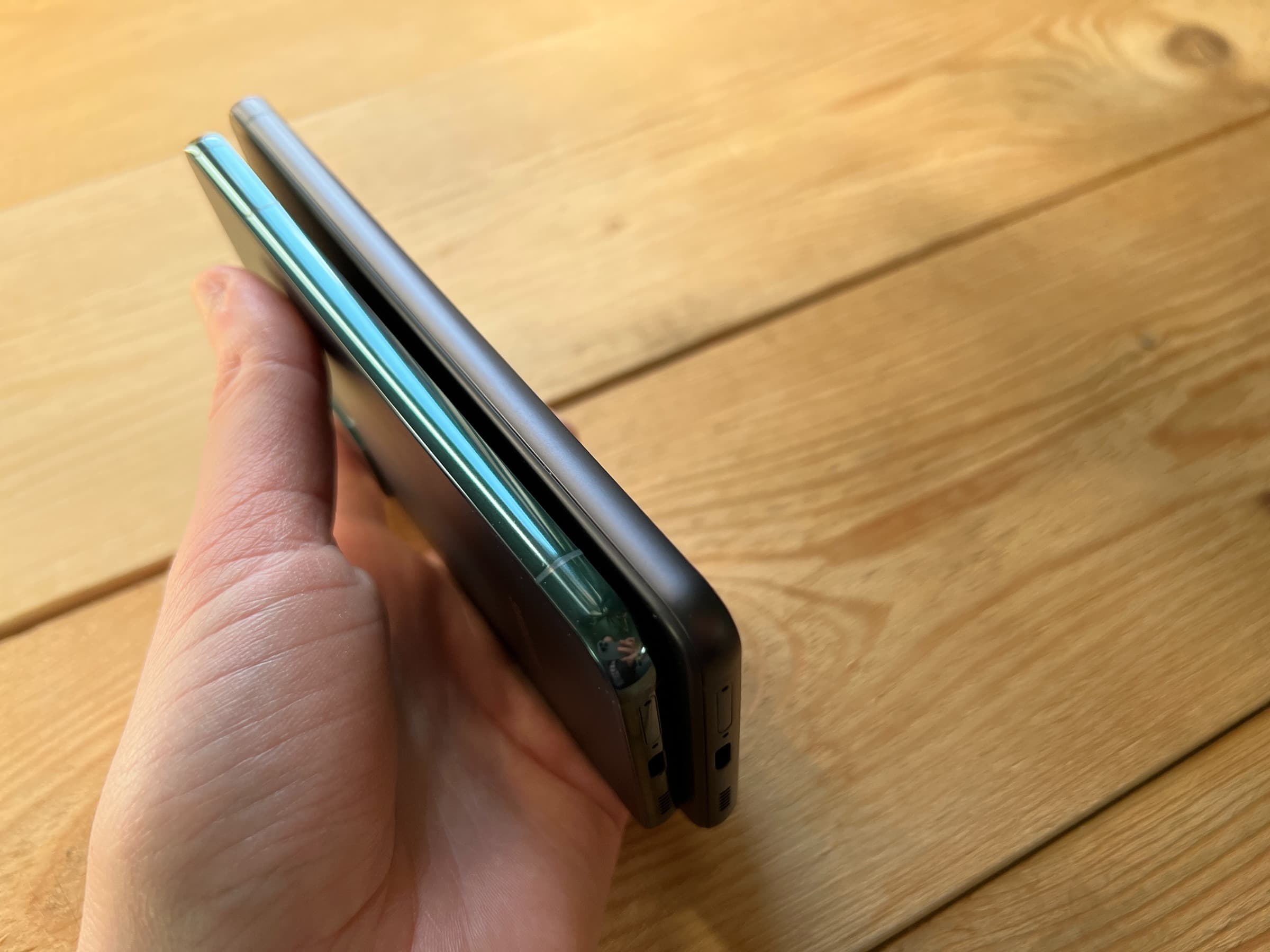
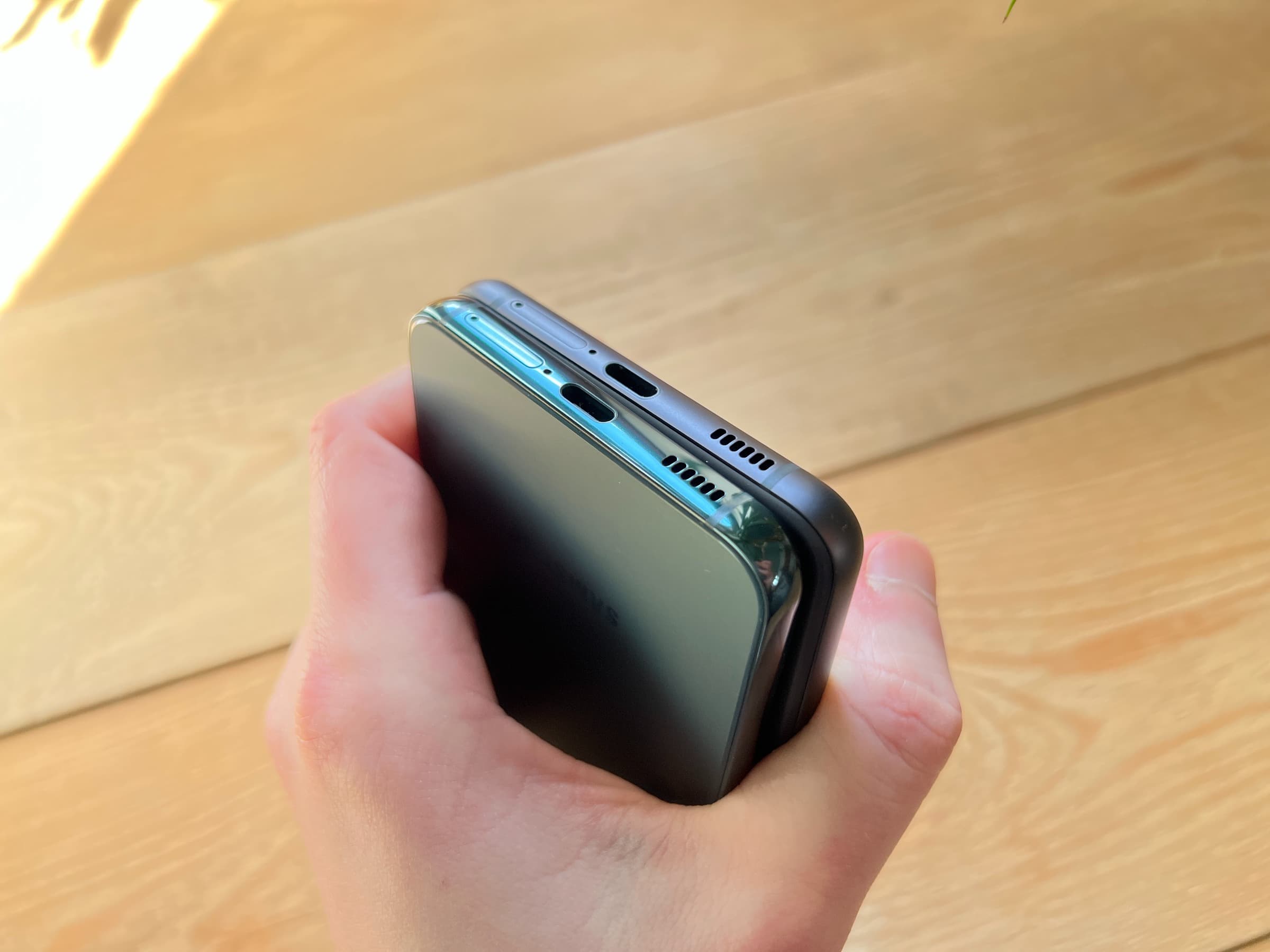
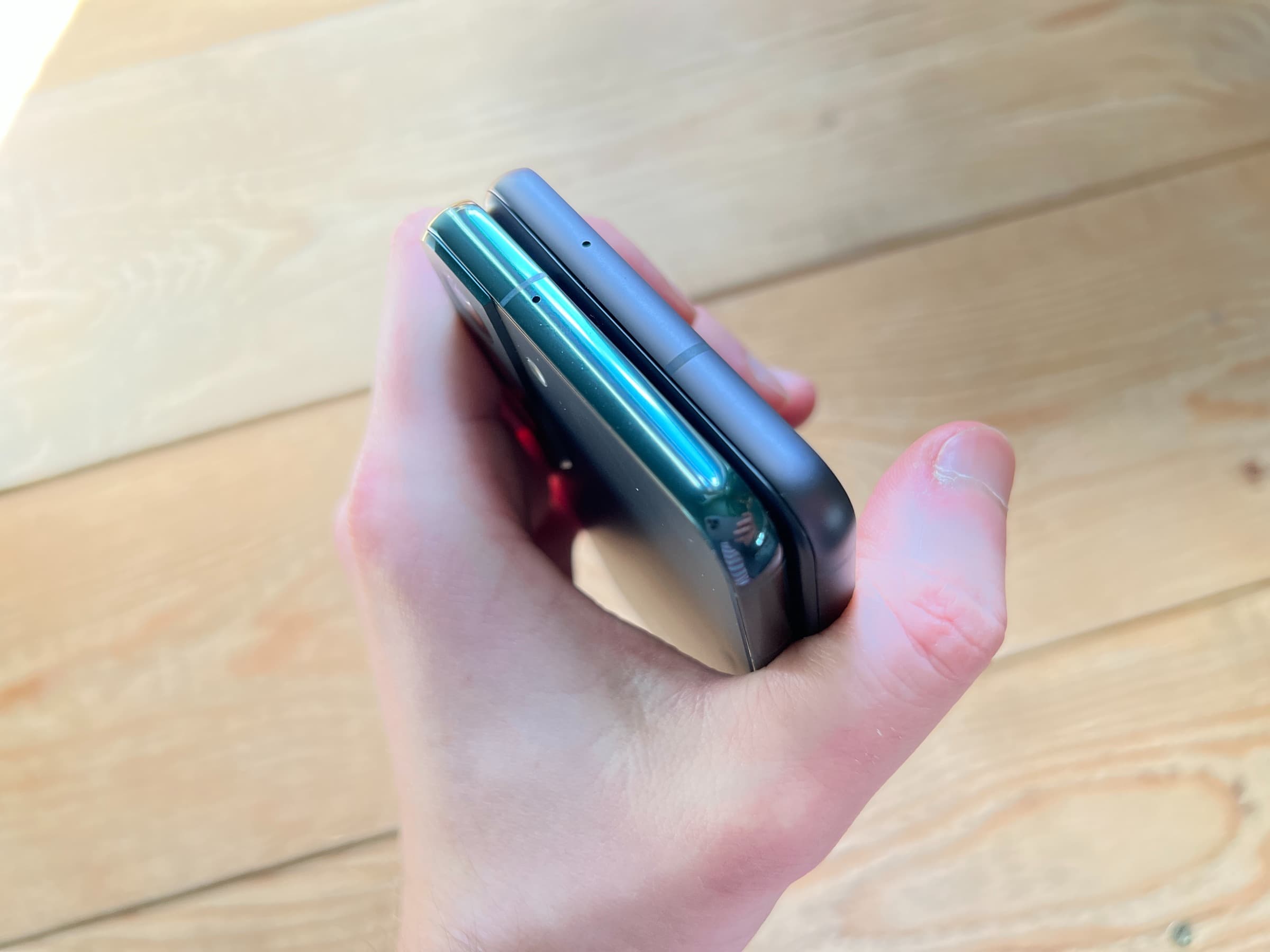
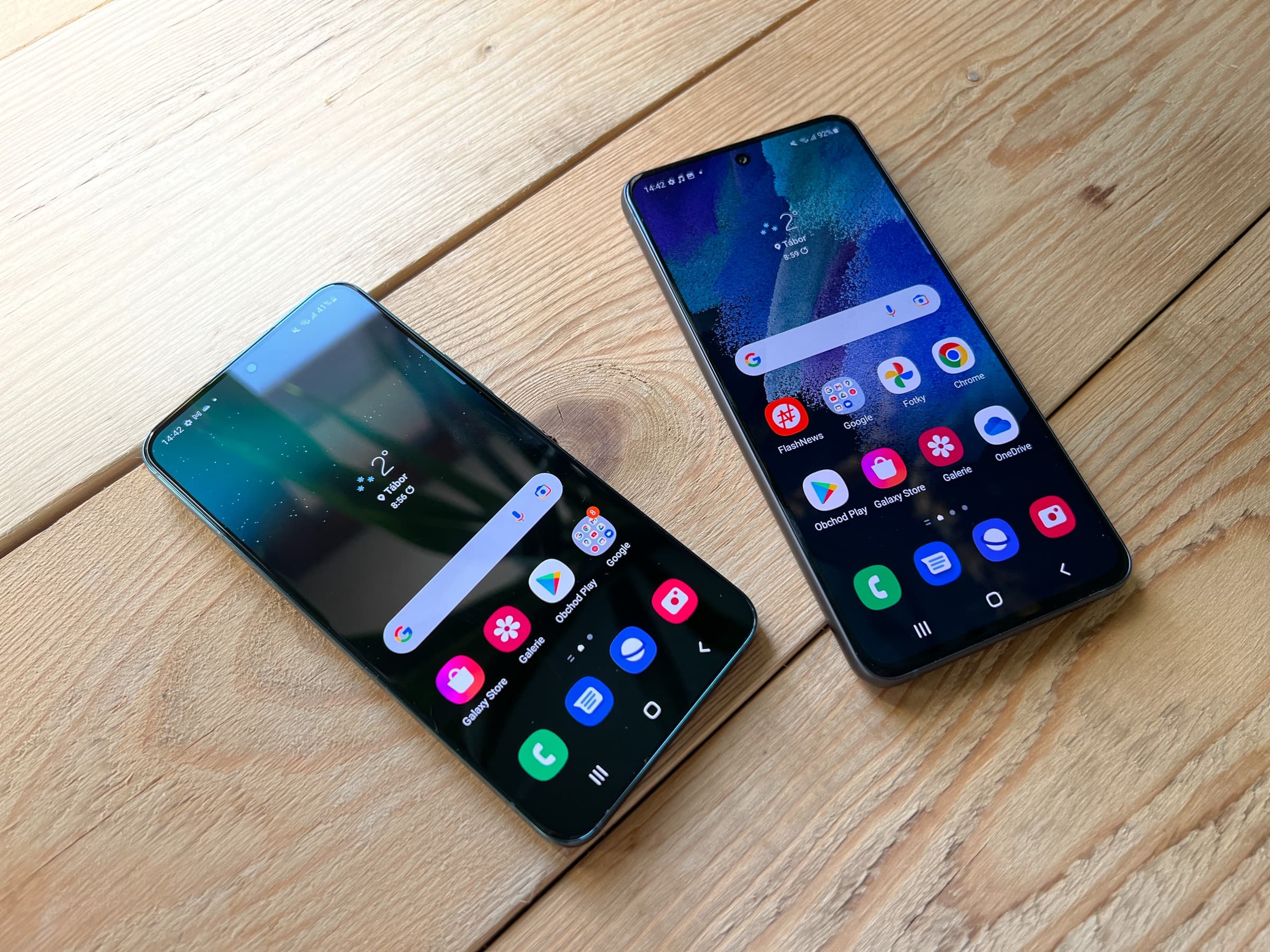
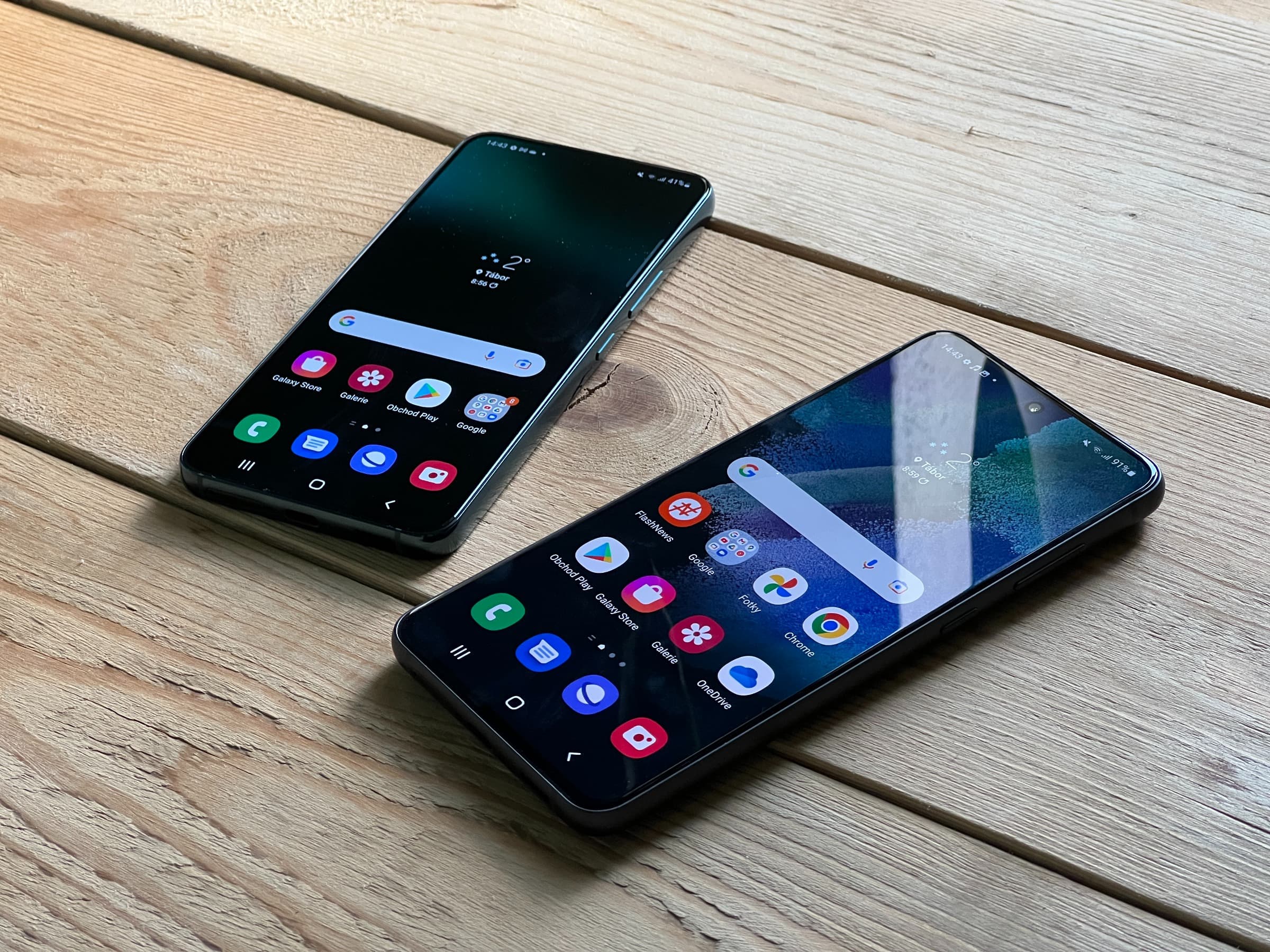
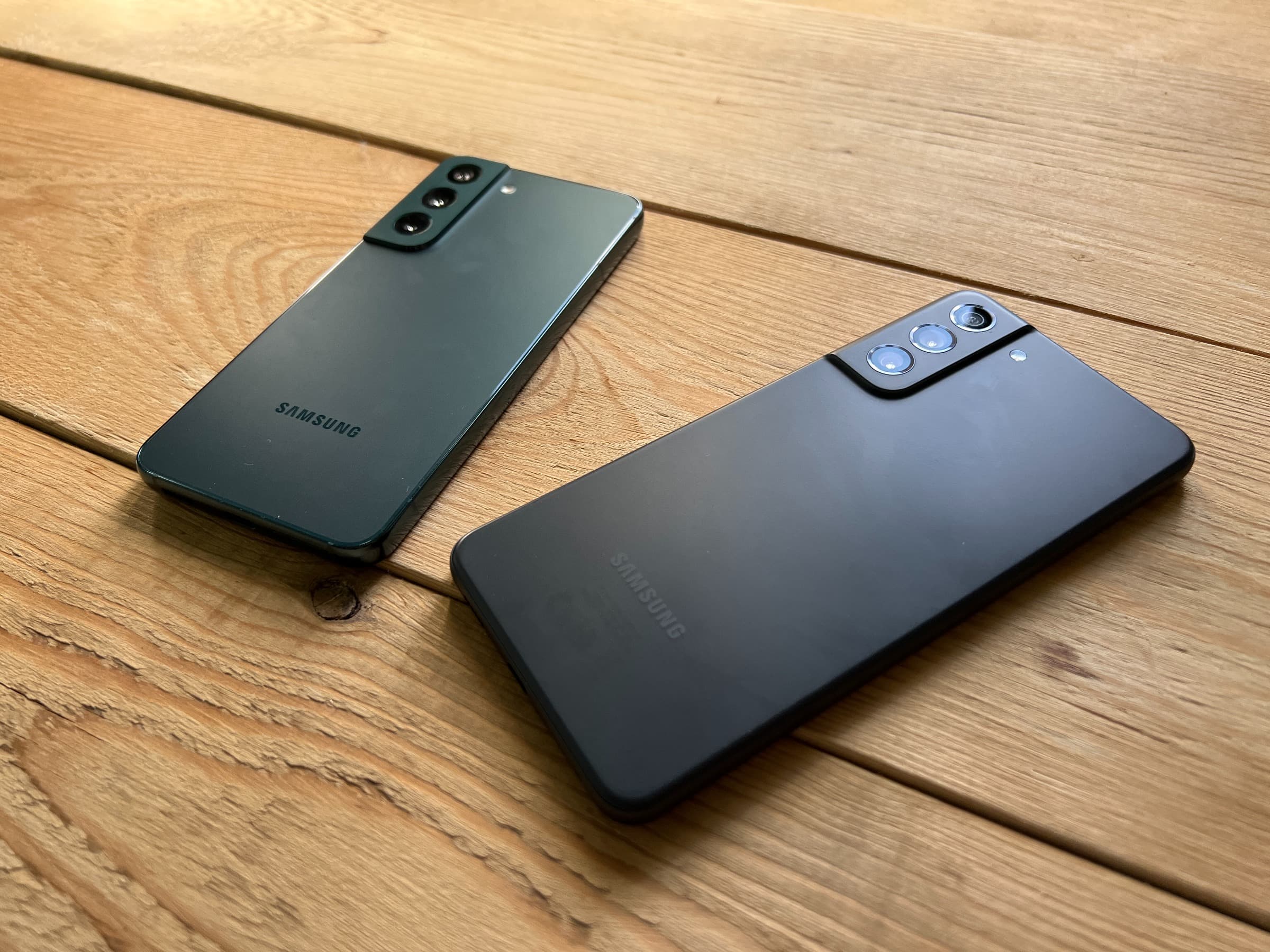
What the hell are you talking about?
I agree with the previous comments. Android Don't hang on to the ropes from Samsung. I programmed in AndroidWell, I owned Samsungs and switched to Pixels. It's a different league. I'm not going to discuss the details. Anyone who tries Pixel will not be disappointed
1. I agree with the first post
2. Who expected to find an advertisement for Pixels here on the Samsung website is not normal.
3. Pixel is great, but also on its own merits. Stupid modem so on a weaker signal it's a tragedy. I had 3 and 5 and I know what I'm talking about. Problems with the display, and in the case of 3, the camera glass was cracked - an annual defect. And not to mention google policy. 5G support does not exist in CZ.
Whoever writes "screaming" is completely normal...
So that's decent crap😂😂 as if someone envied the Pixel cameras and clean android.. I am currently deciding whether to switch from the old Xiaomi mi9 to Samsung or Pixel 7 and it will definitely be Pixel 7.. Pixel has functions that Samsung can only dream of + the price/performance ratio is also completely different. Don't blame the author of the article
Samsung's futile effort, those who taste the Pixel don't want another
So for me it will probably be the Samsung S23, because it has 6 cameras in a 3″ body! I'd have to buy a Pixel 7 PRO and it's already pretty sloppy! In addition, the non-functionality of 5G in the Czech Republic, and other minor problems. To put it bluntly, I would like 5G if the Pixel had 7 lenses and 3Hz in the basic 120mm….
I was interested in objective reviews, comparisons, but then I'll look at the author of the article. In general, self-praise stinks. Even if the person in question speaks the truth, his words will always have no weight, due to the fact that he himself expresses himself about it. I can think of several proverbs here about it...
I would need some advice. I would like to switch from a broken Sony phone to a new one. And they are deciding between the Pixel 7 Pro or the Samsung S22.
The thing that got me the most about the Pixel was that even our Czech LTE can't do it and that it's slower than today's flagships. But I don't play anything demanding on my mobile, so I would like performance. But most of all, what do they need to know if at least LTE goes there, if not G5 (the reviews don't mention it). Or thanks
(I'm writing on 7 For this answer) LTE is running and the signal and speed are very good (before I had Galaxy S10). At the same time, the phone does not have the best performance for games, but the system and common applications run unbeatably fast, along with animations that are amazing.
When the author started "market analysis", he could also mention that the Pixel 7 is intended for sale in only a small number of countries, seventeen in total. Which is at the same time a record for Google. That's why you won't come across local marketing here or in China, in most countries pixels are imported directly by sellers, of course with a surcharge. The target group of customers is also completely different – pixels only fall into the upper middle to upper class. Samsung targets everyone, everywhere.
Claiming that Google phones have a clean system with no add-ons sounds like a deliberate lie to me, because I can't imagine a smartphone expert never having heard of Pixel Launcher.
The author also fits Samsung (more or less deservedly) into the role of the driving force androidinnovation. But they are elegantly silent about the fact that users are waiting for a new version of the system sometimes even a year after its release.
The Pixel is clearly the best camera phone on the market, and Samsung is not caught by chance.
Someone here has misunderstood the point of the Pixel device and its Nexus predecessor. Nexus/Pixel is a DEVELOPER device, the fact that people buy it like a normal phone is purely their problem. Google phones will never be like Samsung. I had a Nexus 5X, Samsung Galaxy 10 and now I have a Pixel 5. I unpacked the Samsung back then, beautiful, new, full of bloatware from the factory. The first thing was that he went to the cable, root and upload some reasonable system.